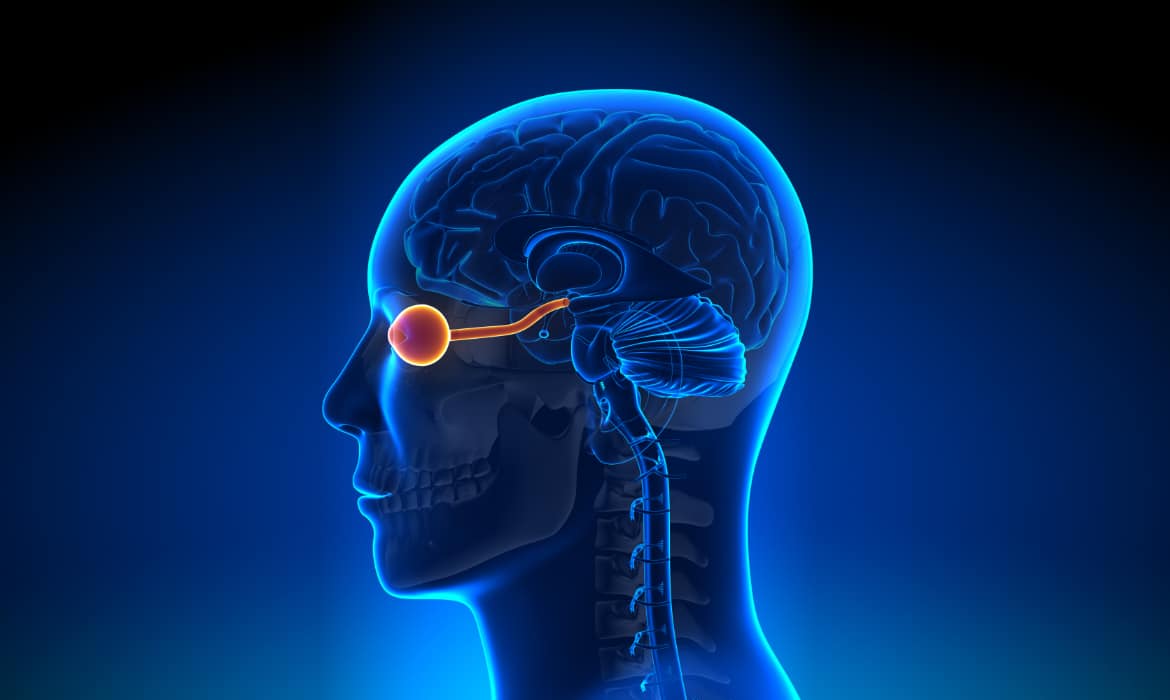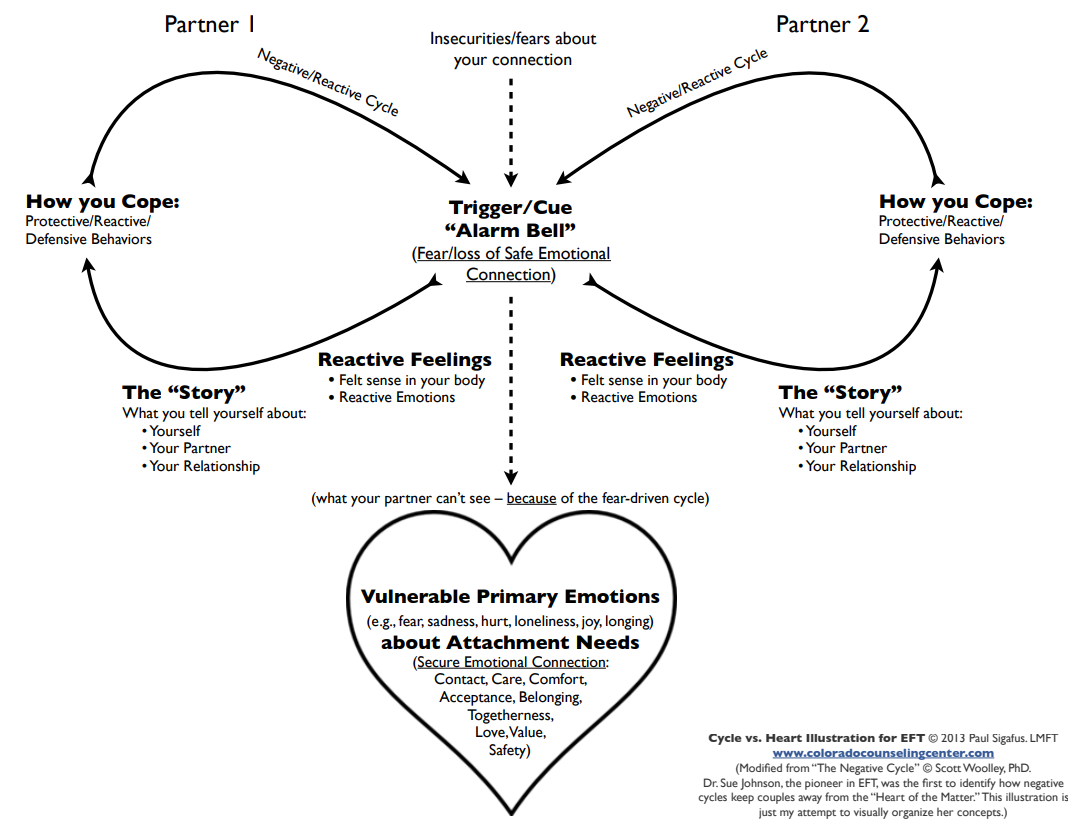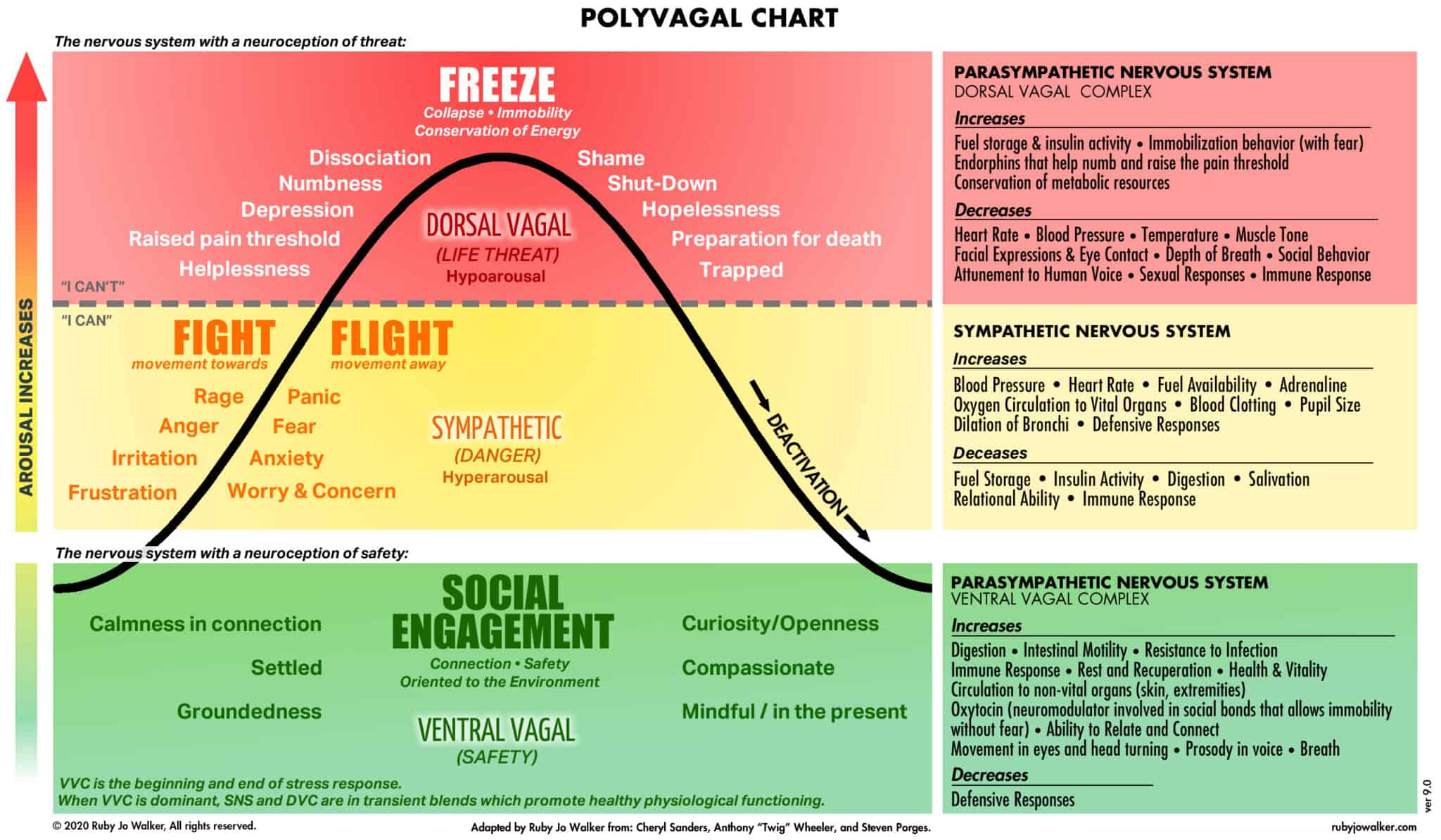Practice
Lorem ipsum dolor sit amet, consectetur adipiscing elit. Integer ut lorem at arcu faucibus vulputate ut vel libero. Lorem ipsum dolor sit amet, consectetur adipiscing elit. Donec tincidunt hendrerit dui sed tincidunt. Donec sed nulla sit amet ipsum ornare interdum id sit amet dolor. Fusce feugiat tortor orci, vitae consectetur justo dapibus nec. Duis vitae blandit dolor, a sodales leo. Vivamus at odio vel nulla ultricies maximus. Suspendisse sed congue nulla. Suspendisse quis velit sed risus commodo posuere ut a metus. Suspendisse condimentum ut leo at aliquam. Morbi nec orci maximus, finibus ligula a, convallis augue. Mauris sed metus nec.
Brainspotting
Brainspotting (BSP) is a psychotherapeutic approach that utilizes eye positions to access and process emotional and somatic (body-related) experiences, particularly those related to trauma and other challenging symptoms. It was discovered by David Grand, Ph.D., in 2003. The core idea is that where you look can affect how you feel, as specific eye positions, called "Brainspots," can correlate with relevant neurophysiological activity in the brain. By focusing on these Brainspots, individuals can access and release stored emotional and physical pain, facilitating healing.

Emotionally Focused Therapy (EFT)
Emotionally Focused Therapy (EFT) is a humanistic, evidence-based approach to psychotherapy, drawing primarily from attachment theory to facilitate the creation of secure, vibrant connection with self and others. Rooted in the science of emotions and attachment, EFT helps clients identify and transform the negative processing and interaction patterns that create distress. It’s effective in treating individuals (EFIT), couples (EFCT), and families (EFFT), addressing a wide range of issues from marital distress to individual anxiety and trauma.

Mindfulness
Mindfulness therapy is a type of psychotherapy that integrates mindfulness practices, such as meditation, into therapeutic techniques to improve mental well-being. It focuses on increasing awareness of the present moment and cultivating non-judgmental acceptance of thoughts and feelings. This approach aims to reduce stress, anxiety, and negative emotions, promoting emotional regulation and overall mental health.

Polyvagal Theory
Polyvagal Theory, developed by Dr. Stephen Porges, proposes that the vagus nerve plays a crucial role in regulating our physiological and emotional states, particularly in response to perceived safety or threat. It emphasizes the autonomic nervous system's influence on social behavior and mental health, suggesting that feeling safe is fundamental to well-being.

Bereavement
Bereavement therapy, also known as grief counseling or therapy, is a form of psychotherapy that helps individuals cope with the emotional, social, spiritual, and cognitive responses to loss, particularly the death of a loved one. It provides a safe space to process grief, explore associated feelings, and develop coping mechanisms to adjust to life without the deceased.
